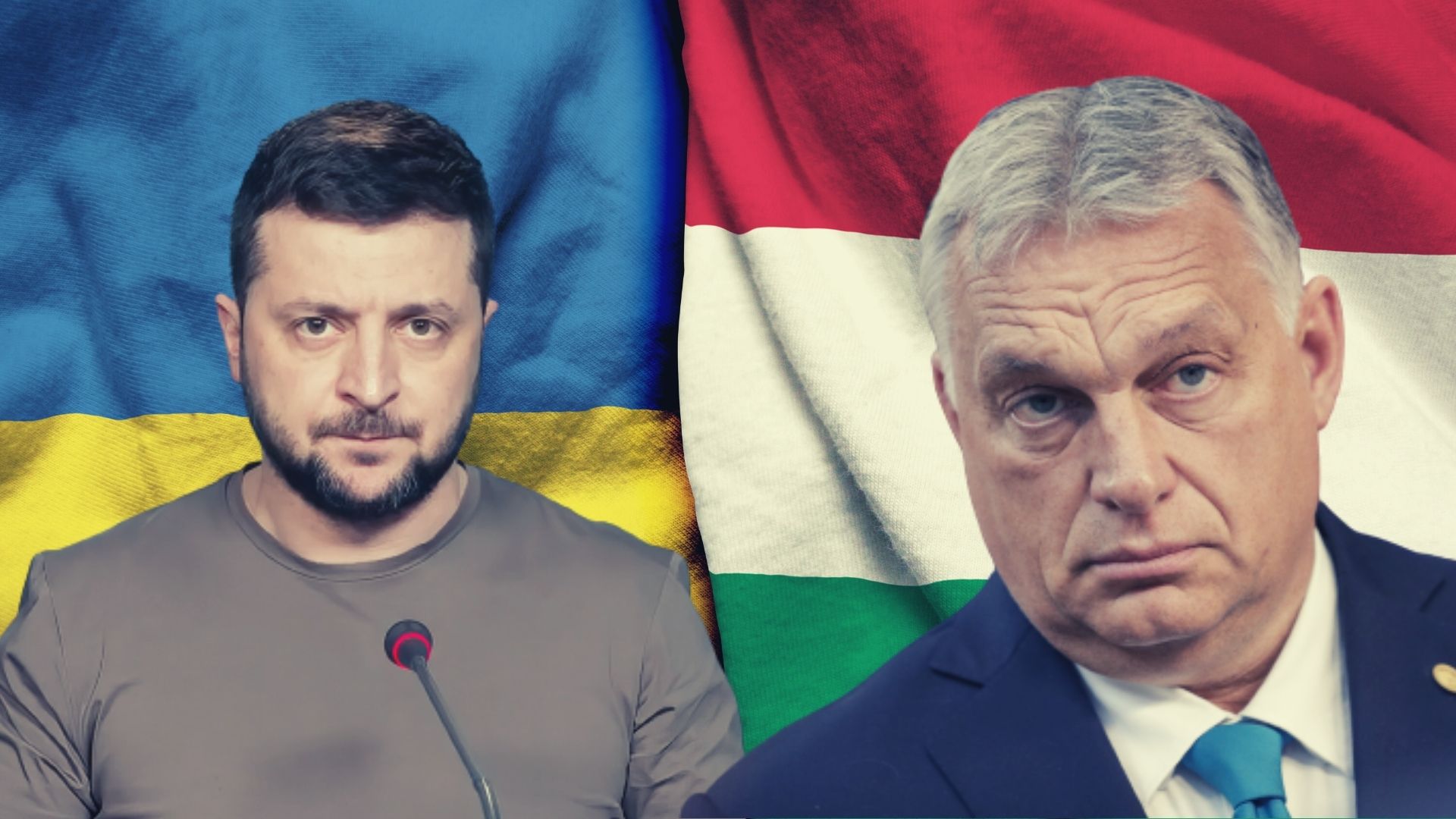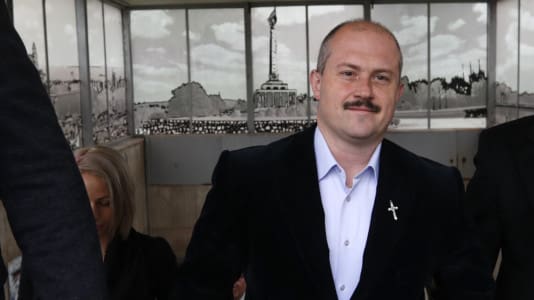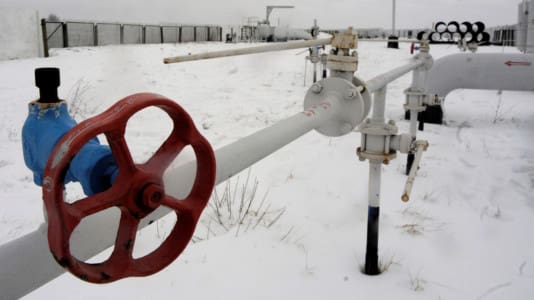In a sign of a further cooling of the relationship between the two neighboring countries, Hungarian Foreign Secretatry Péter Szijjártó has announced that the Ukrainian ambassador to Hungary Lyubov Nepop has been summoned to the the Foreign Ministry in Budapest.
In a statement released on his social media page, Szijjártó stated that as far as the war in Ukraine is concerned, his government was always unequivocal concerning the Russian invasion: they condemned the military aggression, stood up for Ukraine’s sovereignty, allowed hundreds of thousands of refugees to flee to, or through Hungary, and delivered hundreds of tons of food and other donations as part of Hungary’s largest humanitarian operation ever.
The Hungarian foreign minister added that the security of Hungary and of the Hungarian people is of paramount importance to his government. “This is not our war, therefore we want to get out of it, and we will stay out of it,” said Szijjártó.
[pp id=32308]
In his explanation he also added that since his government is unwilling to jeopardize the peace and security of the Hungarian people, they will continue to maintain the stance, according to which they will not supply arms to the Ukrainian war zone, nor vote for sanctions affecting Russian energy supplies.
Szijjártó has also pointed out that on April 3, during the parliamentary election, Hungarian voters have made their opinion crystal clear about the above decisions by returning the government of Viktor Orbán to power for the fifth time with the strongest mandate ever. This result, according to him, indicates that citizens strongly approve of the government’s approach, and want it to be maintained in the future.
Hungary is not blind to the crisis that the Ukrainian government is currently facing, and Szijjártó added that “we understand that the Ukrainians’ interests differ from ours, we do not even try to argue with them about this: their interest is that of the Ukrainian people, but for us the interests of the Hungarian people comes first.”
[pp id=32695]
As for the reasons for summoning the Ukrainian ambassador Lyubov Nepop, Szijjártó explained that he cannot simply glance over Ukrainian politicians’ statements in which they criticize the democratic will of the Hungarian people. This is something that no one has the right to do, he added. Disparaging remarks accusing Hungary of establishing totalitarian regimes, complicity in the war, and expressing regret over the democratically-expressed will of the Hungarian voters are unacceptable, added the minister.
Szijjártó called on Ukrainian leaders to stop insulting Hungary and to acknowledge the will of the Hungarian people. “In order to make all this clear and understandable, we have invited the Ambassador of Ukraine in Budapest to the Ministry of Foreign Affairs and Trade this morning,” concludes the minister’s message.
Ukrainian politicians and diplomats have been disseminating strongly worded accusations since the beginning of the war all over Europe, with Germany and Hungary being on the receiving end most frequently. Andriy Melnik, Ukraine’s ambassador to Germany, for instance called Fabio De Masi, MP for Germany’s Left Party, an “a**hole”, and told him twice to “shut his gob,” even though mainstream German media had refused to report this incident. All this because the German politician has pointed out that it was not him nor Putin who have invented the fact that there are neo-Nazi radicals in the Ukrainian armed forces, such as the Azov battalion.
[pp id=32111]
More recently, Ukrainian Deputy Prime Minister Irina Vereshchuk accused Hungary of not being on the side of what she called “civilized nations,” and of secretly dreaming about annexing the Trans-Carpathian region. Ukrainian President Volodymyr Zelensky himself has not passed up any opportunity to criticize Hungary for not supplying weapons to his troops, despite the fact that Hungary had accepted the largest number of Ukrainian refugees per capita in the world, and had delivered significant amounts of aid to the war-torn country.
The breaking point could have been Zelensky’s blunt interference with the Hungarian parliamentary elections on April 3, when he claimed that Hungary is the only country in Europe openly supporting Russia and refusing to help his countrymen. The timing of the controversial statement, published on the day Hungarians went to the ballot box, has also raised suspicions that he was interfering with elections on behalf of the left-wing opposition coalition, whose former leader Péter Márki-Zay held discussions with the Ukrainian leader just days before the elections. Márki-Zay had subsequently pledged to ship weapons to Ukraine in case the opposition wins the elections.





